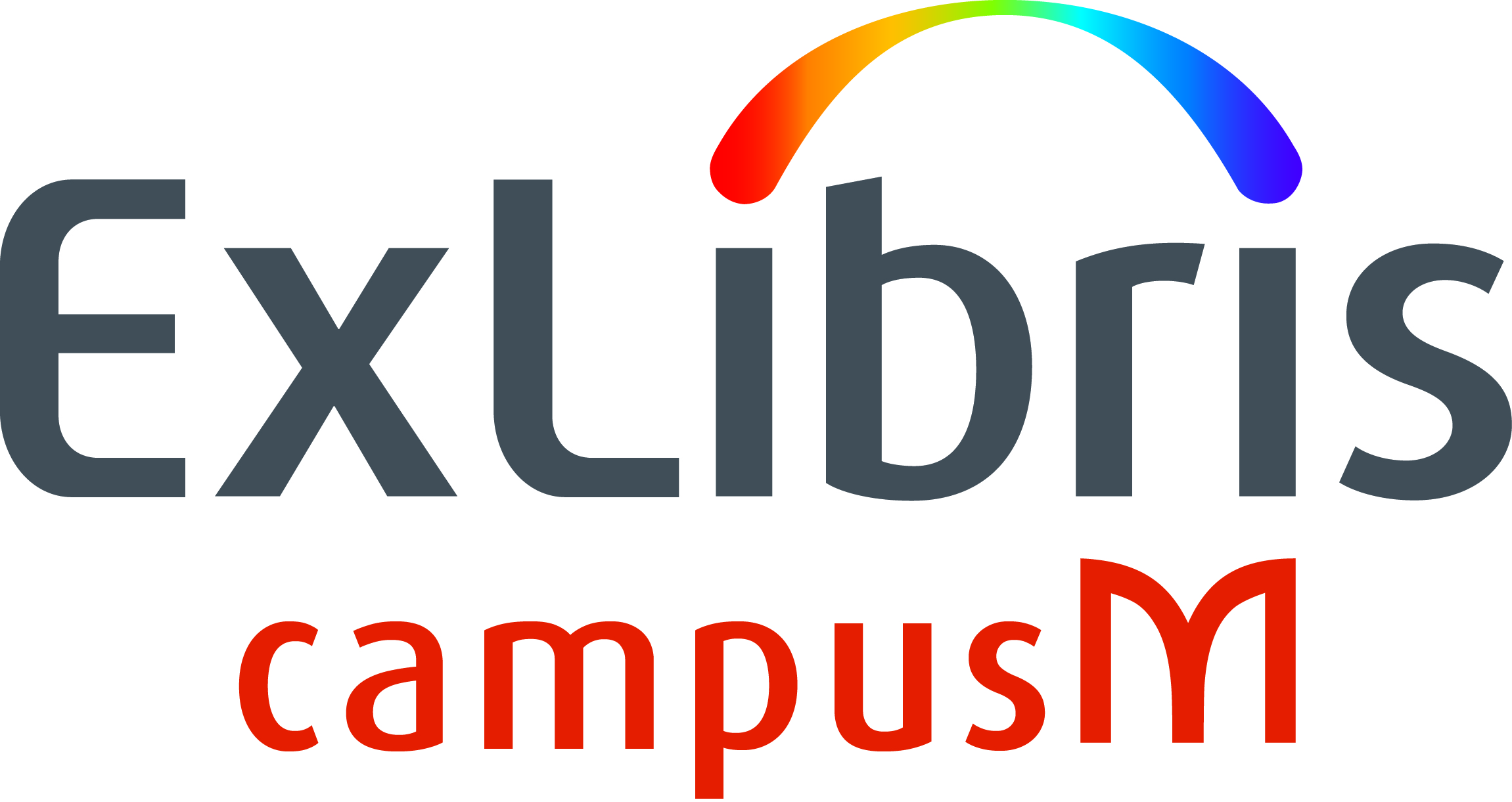
Attendance tracking apps can get a bad rap. Maybe it’s the word “tracking,” which has some negative connotations, or maybe recent high school graduates aren’t particularly eager to step back into the familiar world of hand raising and roll call—even if it has been digitized.
However, attendance capture is valuable for students and their colleges:
- Good attendance has been consistently linked to better learning outcomes for students.
- In some cases, such as extending a student visa, establishing fitness to practice, or qualifying for financial aid, attendance is a mandatory prerequisite.
- Attendance data can be used to monitor student engagement throughout the year and signal when students may need academic or emotional support.
For many community colleges, attendance apps represent the next logical evolution of manual attendance-taking. Shifting roll call to a digital self-check-in model both empowers students and frees up teaching time. Plus, consolidated attendance data is easier to manage and enables quicker action than reams of handwritten attendance records.
While a growing number of colleges are adopting attendance apps, many remain hesitant. Why? These four myths may be holding decision-makers back:
1. College students don’t want their institution to track their every movement.
True. Students value their digital privacy, and many are wary of how their data could be exploited within the ecosystem of platforms and apps that make up their institution’s digital services. In a Future of Privacy Forum survey of 1,500 U.S. college students (McIntosh, 2021), only 47 percent of students reported trusting the distanced learning platforms used by their colleges to protect their data.
However, when an institution consistently demonstrates that it takes its students’ data privacy seriously, students have less reason to oppose an attendance app. Further, how institutions frame their student attendance apps will influence whether students embrace or shun the apps.
It is essential that students understand how the app will be used. They need to be assured that the only data their college will capture is whether students checked into class or marked themselves as absent.
Community colleges can encourage both use of and trust in attendance apps by bringing students into the roll-out process via student unions or focus groups. Feedback from these groups can help identify ways to position the app’s value to students. Introducing the app within the context of how it helps the student succeed can make adoption and use more likely.
App uptake will, to a certain extent, also be determined by how well-rounded the app is. If students also get their class data, grades, communications, and more from the same app, attendance capture becomes an embedded part of their experience and may be more widely embraced.
2. College students don’t need babysitting.
True, but they can benefit from more explicit guidance. Learning frameworks like guided pathways have findings that show when students are given consistent support throughout their academic journey, they are more likely to succeed in a timely manner (Mann Levesque, 2018).
Student attendance apps are no substitute for advisors, but they can nudge students toward better decisions about attending class. For example, attendance dashboards that visualize a student’s attendance record can encourage students to attend class even when they are reticent, and push notifications can remind them that they have an upcoming class to attend. Once institutions have armed students with this information, it is up to the students to decide to go to class.
At the same time, students appreciate having the ability to check themselves into classes, in both on-site and remote environments. As Rupert Frankum, the Digital Experience and Platforms Manager at the University of Plymouth, has shared, “The campusM Attendance feature has helped us empower our students . . . Students like to be in control of their check-ins and to get immediate feedback on their attendance.”
3. Attendance data doesn’t tell a meaningful story.
False. Attendance data is a strong indicator of class engagement, but that story can be difficult to piece together when a student’s attendance record is scattered between paper registers and disparate hardware card readers. When attendance data collection is centralized it can be merged with other data points to create comprehensive engagement dashboards and reports.
Real-time attendance data enables real-time risk assessment and advisor action. Within the campusM Attendance app, attendance check-ins can be tied to in-app prompts. If a student’s attendance drops, they can be targeted with a quick survey, an email, or an advisor phone call about their absences to resolve the issues before they escalate.
4. Maintaining an attendance app isn’t worth the work.
False. Like any new system a college adopts, an attendance tracking app take some work to get off the ground and maintain. Still, the return on the cross-disciplinary efforts involved in running an attendance app can be substantial. By using attendance data to catch small problems before they become big problems, institutions can reduce dropouts, improve wellbeing, and empower students to succeed.
campusM user and Ex Libris customer Fiona Greig, Director of Library and IT Services at the University of Winchester, concurs. “Providing accurate access to attendance data and engaging the student directly in the capture of said data has driven our students to be more engaged with their attendance,” she said. “They want this number to be high; students are mindful of these metrics, especially in the pandemic as this was proof of being part of a community.”
Want to learn more about how campusM Attendance can promote student well-being and simplify compliance? Download a case study here.
References
Mann Levesque, E. (2018, October 8). Improving community college completion rates by addressing structural and motivational barriers. The Brookings Institute. https://www.brookings.edu/research/community-college-completion-rates-structural-and-motivational-barriers
McIntosh, A. (2021, October 28). EDUCAUSE 2021: What do college students really think of data privacy? EdTech. https://edtechmagazine.com/higher/article/2021/10/educause-2021-what-do-college-students-really-think-data-privacy
ExLibris was an Innovations 2022 sponsor and exhibitor.










